From January 1, 2026, nearly 3.7 million households and business individuals will no longer pay business license fees, and the application of the lump-sum tax method - a form that has existed for more than three decades - will end.
This is an important content in Resolution No. 68-NQ/TW of the Politburo on private economic development, and is also specified in Resolution 198/2025/QH15 of the National Assembly on a number of special mechanisms and policies for private economic development that has just been passed.
Individuals and organizations shall fulfill their tax obligations in accordance with the provisions of the Law on Tax Administration, in the form of declaration and shall be responsible before the law.
Previously, most small-scale businesses and individuals only recorded simple data by hand, so the lump-sum tax form was suitable for the early stages of the market economy , when most small-scale businesses did not have the conditions to apply technology or systematic accounting.
However, in the context of the economy shifting strongly towards digitalization and integration, lump-sum tax reveals many shortcomings such as lack of transparency, budget loss and inequality between business households and enterprises.
Along with that, the elimination of lump-sum tax also creates motivation for businesses to innovate and develop, towards the goal of 2 million businesses by 2030 as set out in Resolution 68.
Therefore, from the beginning of next year, instead of lump-sum tax, business households and individuals will switch to electronic tax declaration with clear invoices and documents. This roadmap has shortened the time by half a year compared to the original plan.
Data from the Tax Department shows that as of March 2025, nearly 2 million households nationwide were paying lump-sum taxes, but only about 6,100 households applied the declaration method.
On average, each business household paying lump-sum tax only pays about 670,000 VND/month, while the declared tax is up to 4.6 million VND/month, nearly 7 times higher. This difference causes unfairness in tax obligations between business models with the same revenue scale.
The Ministry of Finance is currently rushing to complete the technology and legal systems to ensure the transition process is synchronous and smooth. The tax authority will deploy simple, free tax declaration software - suitable for non-accountants or non-technologists, while promoting training and guidance for business households to declare in accordance with regulations.
Deputy Director of the Tax Department, Mr. Mai Son, said that the free accounting software for business households has been directed by the Ministry of Finance to be deployed synchronously, linked with applications for declaration, submission and data sharing.
This makes it easy for businesses to make declarations, check, compare information and declare according to regulations.
Although agreeing with the policy, many small business households and individuals are still worried about having to change their habits, adapt to the electronic declaration process, use software, issue invoices... tasks that are unfamiliar to small businesses.
Ms. Hoang Thuy Khanh, a restaurant owner in Hanoi, shared that paying lump-sum tax is simple, but she still doesn't know if she has paid the correct amount of revenue. If she switches to declaration with supporting software, she will feel more secure because everything is clear.
However, she also expressed concern because she did not hire an accountant and was not familiar with technology. If she had to make invoices and monthly declarations herself, it would be very confusing. She hoped the tax department would provide specific, step-by-step instructions.
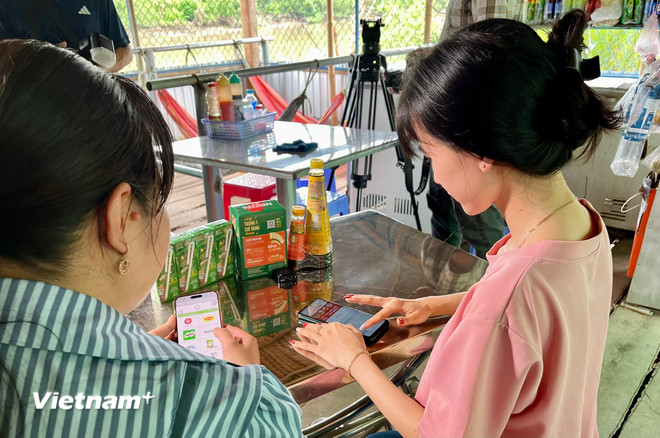
Ms. Tran An Vy, a clothing store owner in Hanoi, shares the same feeling. She has always been used to writing notes by hand and paying taxes at the end of the month. Now, having to make detailed declarations, use software, electronic invoices, etc. is a lot of pressure. But if she is given proper instructions and support, she will learn to do it, because business now requires a systematic approach to survive.
Chairwoman of the Vietnam Tax Consulting Association, Ms. Nguyen Thi Cuc, said that for this conversion to take place smoothly, there should be a transition period lasting from 6 months to 1 year for households to get used to the new process.
Ms. Nguyen Thi Cuc also recommends that business households can use services from professional tax agents at reasonable costs and can declare, pay taxes, and work with authorities on their behalf.
Currently, the country has about 800 tax agents with practice certificates, ready to support business households and micro-enterprises in the conversion process.
In addition, encourage households and business individuals to use electronic invoices generated from cash registers, connect directly with tax authorities, easily control revenue, save time and operating costs.
The Ministry of Finance has directed specialized units to review and complete financial support policies for business households to rent and purchase accounting software and shared digital platforms, in order to reduce costs, promote digital transformation and improve transparency in management./.
Source: https://www.vietnamplus.vn/bo-ap-dung-thue-khoan-ho-kinh-doanh-buoc-vao-cuoc-choi-moi-post1042297.vnp













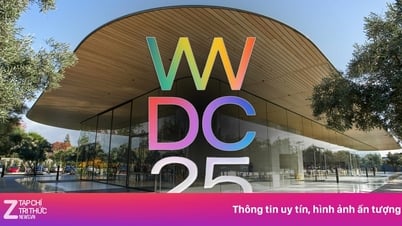







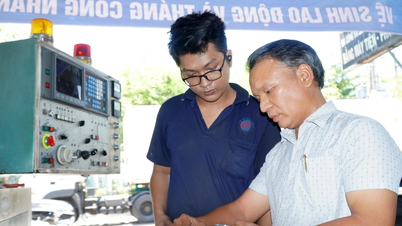
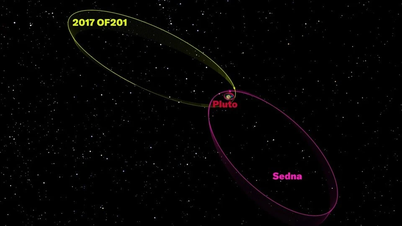
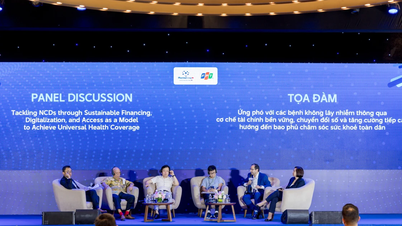
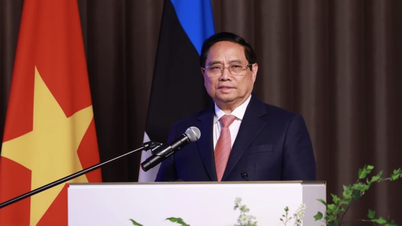
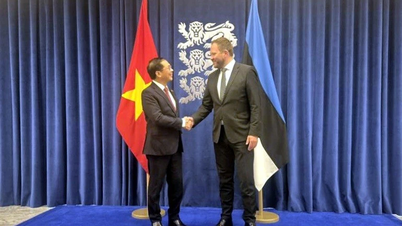


![[Photo] Nearly 104,000 candidates in Hanoi complete procedures to take the 10th grade entrance exam](https://vphoto.vietnam.vn/thumb/1200x675/vietnam/resource/IMAGE/2025/6/7/7dbf58fd77224eb583ea5c819ebf5a4e)































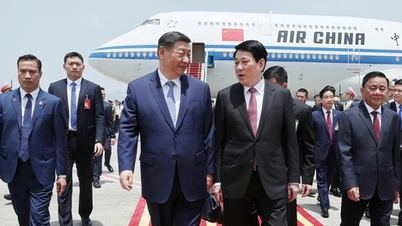
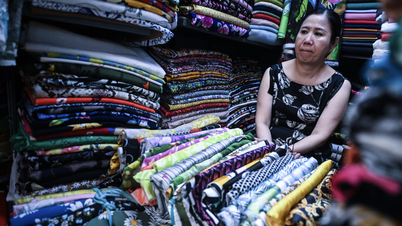







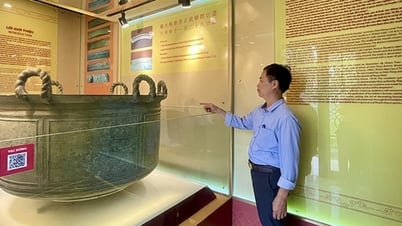


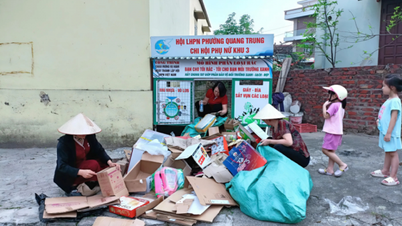

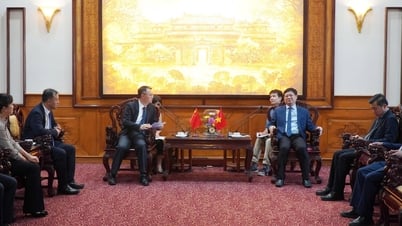

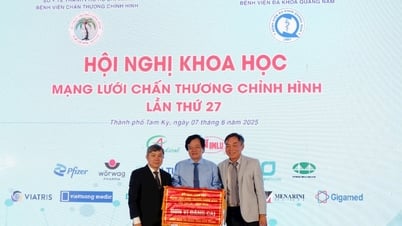

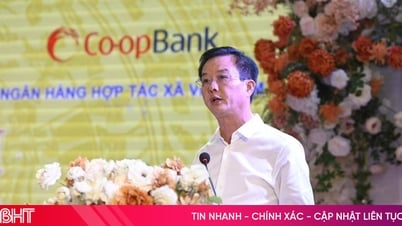


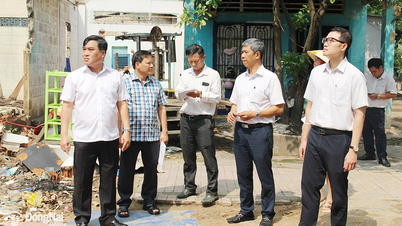








![[OCOP REVIEW] Tu Duyen Syrup - The essence of herbs from the mountains and forests of Nhu Thanh](https://vphoto.vietnam.vn/thumb/402x226/vietnam/resource/IMAGE/2025/6/5/58ca32fce4ec44039e444fbfae7e75ec)







Comment (0)